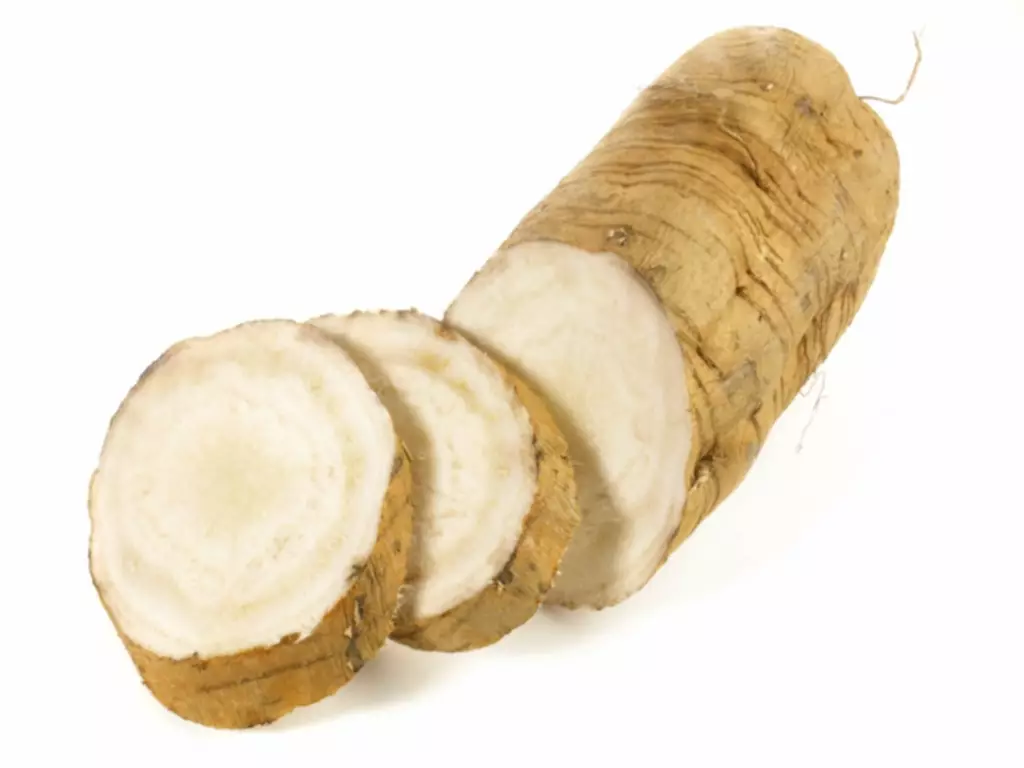Content
Factor Xa inhibitors have an anticoagulation effect by blocking factor Xa, which therefore helps decrease blood clot production. Participants have been examined and interviewed every fouryears since 1971, except for an eight-year interval between the firstand second visits. However, the intake and regularity of one’s alcohol consumption is not the only factor in determining how alcohol can affect the cardiovascular system. The second class is an anti-platelet medication, which keeps platelets from sticking together to create a clot. Mixing alcohol and Brilinta could lead to increased dizziness. Someone using alcohol while taking Brilinta should speak with their doctor about the risks that are specific to their situation.

The length of time that blood thinners continue to affect your blood depends on many different factors. These factors can include the type of blood thinner used, the dosages you are using, your overall health, your diet and your genetics. Depending on the blood thinner, the effects can last for hours or even days. Because blood thinners are designed to have a constant effect over time, they are typically designed to be long-lasting.
When to contact a doctor
They can provide you with other options and work with you to address your drinking before you start taking blood thinners. The safest option is to avoid using alcohol while taking blood thinners. Alcohol may have some blood-thinning benefits but it also has adverse side effects, especially when consumed in excessive amounts. These side effects can include organ damage, high blood pressure, weakening of the heart muscle, and an increased heart rate. It first reduces the number of platelets in the blood by getting in the way of blood cell production.
Will 2 beers thin your blood?
Yes, drinking alcohol can thin your blood because it prevents blood cells from sticking together and forming blood clots. This is why some researchers suggest that the occasional drink can actually lower your risk of ischemic strokes or strokes caused by blocked blood vessels.
Moderate alcohol consumption is defined as one drink per day for women and no more than two drinks per day for men. Before we dive into how alcohol thins your blood, it’s important to note what is considered moderate and heavy drinking. Drinking alcohol and blood thinners at the same time can be a dangerous combination.
Risks of Simultaneous Consumption
Regardless of the type of blood thinner being used, you should generally avoid alcohol while taking a blood-thinning medication. The actual risks to a particular individual are very case-specific and should be discussed with a doctor. Alcohol and blood thinners interact in different ways that will vary for each individual. This makes it hard to predict exactly what will happen, but it increases the risk of either bleeding or clot-related problems.

Taking both together could compound the anticoagulant effect and increase your risk of bleeding. Eliquis can cause serious, life-threatening, or even fatal bleeding. Taking Eliquis with other medications that affect bleeding/clotting increases the risk even further. This includes other anticoagulants—such as warfarin, Pradaxa (dabigatran), Brilinta, (ticagrelor), or heparin, or nonsteroidal anti-inflammatory drugs (NSAIDs). Signs and symptoms of blood loss indicate a medical emergency and should receive emergency medical attention.
Does Alcohol Thin Your Blood? Know The Risks
Alcohol may not trigger blood clotting processes but actually, restrict them. “By themselves, these findings havemore importance for understanding risk factors for vascular diseasethan any clinical relevance, and should not be used by people as anyreason to begin drinking.” An occasional drink or even moderate drinking throughout the week is okay. However, if you are physically dependent on alcohol or drink moderately, you should tell your doctor if they want to prescribe a blood thinner for a diagnosed medical condition. Mixing Naproxen and alcohol increases the risk of damage to the stomach lining and makes internal bleeding and stomach ulcers more likely to develop.
- This is why some people extol the benefits of moderate drinking for heart health.
- In fact, most blood-thinning medications will specifically advise against mixing them with alcohol.
- This can increase the risk of bleeding and hemorrhagic stroke.
- There is also a risk that mixing these two medications could thin your blood excessively.
Depending on whether a clot forms in an artery or vein, it may cause slightly different problems. If you or a loved one is struggling to stop using alcohol, Orlando Recovery Center is here to help. We provide medical detox and inpatient and outpatient rehab services that can help you address your addiction blood thinners and alcohol and begin the path toward lifelong recovery. Contact us today to learn more about alcohol addiction treatment programs that can work well for your situation. Mixing Pradaxa and alcohol has significant effects, as it increases the risk that bleeding will occur by boosting the effects of the Pradaxa.
Addiction Programs
With enough liver damage, the internal vessels may start bleeding inside the body and cause massive hemorrhage and shock. However, people who binge drink or drink excessively every day are at increased risk of complications because both drugs have a similar clotting outcome. You might not need to completely avoid alcohol if you are taking a blood thinner. The American Heart Association (AHA) recommends limiting your intake to no more than one or two occasional drinks if you are on anticoagulant therapy. If you take prescription medication or use a specific medication every day, ask your doctor if it is okay for you to drink alcohol. You may be able to consume a limited amount safely, as long as you follow certain rules (for example, waiting at least four hours after taking your daily dose before having an alcoholic drink).
For this reason, people who use alcohol may find that they bleed more easily and for longer periods. Bruising may also occur more easily while using alcohol because it thins the blood. Many people who drink alcohol understand https://ecosoberhouse.com/ that it can have some kind of impact on their health. However, those who use blood thinners may find themselves wondering if they can still drink while taking their medication.
The American Heart Association doesn’t recommend drinking alcohol solely to protect your blood vessels and improve your circulation. Consuming ethanol can cause severe complications in the long run. Apart from its many disastrous effects on various systems of the body, ethanol also damages the liver and reduces its ability to produce clotting factors.
On the minus side, drinking too much can lead to strokes from blood clots breaking off and traveling to the brain, hemorrhagic (bleeding) strokes, high blood pressure, and even heart attacks. A glass or two of wine daily may (or may not) reduce your risk of heart disease or ischemic (clotting) strokes. It does this by cutting down the number of platelets in your blood. It gets in the way of blood cell production, down in your bone marrow. Alcohol also reduces the “stickiness” factor of the platelets in your bloodstream, making it more difficult for your body to heal small to large wounds. It can also cause things like nosebleeds after a single night of over-drinking.
What is Alcohol Awareness Month?
It then makes the platelets less sticky so it’s harder for them to stick together and form clots. Light drinking (one or two drinks) can lower your blood pressure, but that doesn’t mean it’s good for you. Alcohol doesn’t lower your blood pressure by a significant amount. Many of the studies that make this claim do not consider other lifestyle choices, like diet and exercise, which have a much bigger impact on blood pressure. However, that does not mean that drinking is healthy, nor should you use alcohol to manage your blood pressure. There are safer and more reliable ways to manage high blood pressure than regular drinking.
If you have thin blood, you may hemorrhage more blood before it’s able to clot. In cases where alcohol or blood thinners are used in excess, ruptures can cause a stroke because not enough blood makes it to the brain. Long-term excessive alcohol consumption can also cause complications such as cardiovascular disease, high blood pressure, and stroke. There are two primary types of blood thinners, which include anticoagulants and antiplatelet medicines. Anticoagulants slow your body’s making of clots, while antiplatelet medicines help prevent platelets from clumping and creating a clot.
